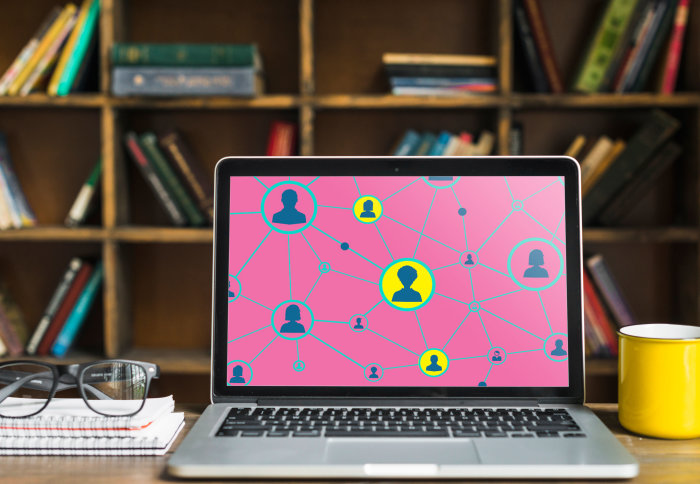'Matchmaking and speed-dating' brings researchers together.
by Jane Horrell

A group of neuroscientists has organised a virtual conference incorporating an 'online dating' system.
With academic conferences cancelled worldwide due to the Covid-19 pandemic, the international research community is finding alternative ways of getting together to present their work, exchange ideas, and make new connections with like-minded people in their area.
This week, Dr Dan Goodman and colleagues from the University of Pennsylvania will be hosting neuromatch — a free, web-based "unconference" for neuroscientists. As well as online presentations from invited speakers, the event includes a computer-assisted online-networking element, adapted from the mind-matching sessions that are a recent feature of the Cognitive Computational Neuroscience (CCN) conference.”
"Quite a few conferences already present talks online" says Dan, "but that only captures some of the conference experience. A really important part is meeting new people and starting new collaborations."
The mind-matching system uses abstracts of submitted research papers, and applies machine learning algorithms, to automatically match participants for a series of 15-minute one-to-one chats — which Dan describes as a bit like academic speed-dating.
“The matching algorithm works by finding groups of scientists who use similar words and combinations of words to describe their research, and excluding pairs who already know each other. This lets it suggest new meetings between people who do not already know each other, but really should, based on their research interest.”
He was very impressed with the real-life version at CCN. "It worked amazingly well. For example, I discovered two people who were doing very similar projects to me — but none of us knew each other."
Breaking the ice, without warming the planet
With an eye to the future and the climate emergency, the group is keen to reduce the environmental impact of academic conferences. Having estimated that delegates would have travelled a total of around 3 million kilometres to just one conference last year, they had already planned to hold an online networking event later this summer.
In response to conferences suddenly being cancelled, Dan and his colleagues have been able to organise and bring forward neuromatch very quickly. Many leading speakers from this year's cancelled events are taking part, and in just two weeks the two-day programme of presentations, discussion groups and networking has attracted over 1,200 registrations and 100 talks.
The source code will be released as open source so that other conference organisers can try it out for themselves. Dan also has a final year undergraduate student project working on the scalability of the algorithms and their application to other scientific disciplines and beyond.
"Longer term, we'd like to have a sort of social network where people can sign up and it periodically proposes new matches to them — like a dating website for scientists!"
Article text (excluding photos or graphics) © Imperial College London.
Photos and graphics subject to third party copyright used with permission or © Imperial College London.
Reporter
Jane Horrell
Department of Electrical and Electronic Engineering